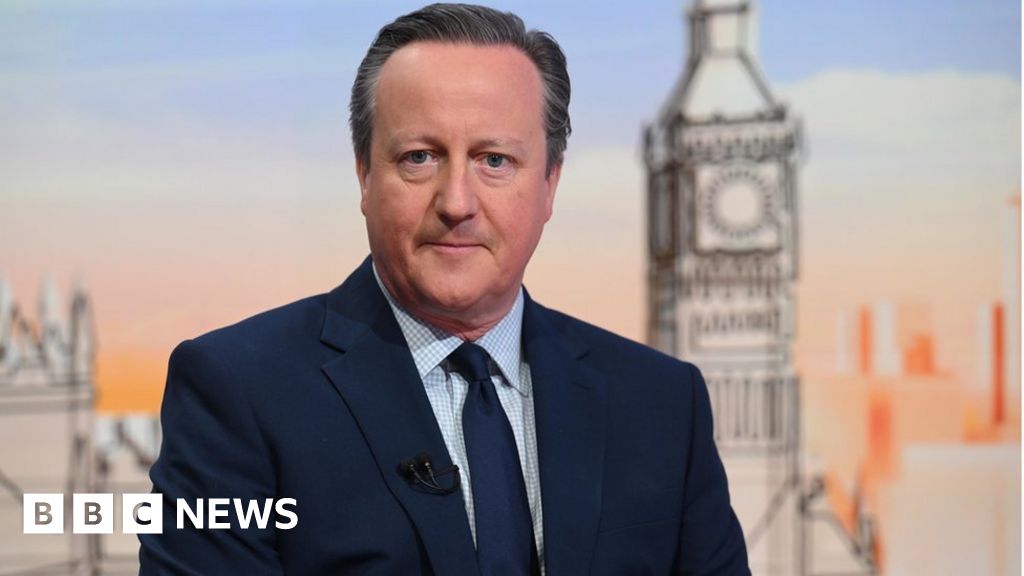I'm doing that already but I also fully expect new management to not renew their contract the same Paramount did to Colbert.
- Posts
- 8
- Comments
- 1933
- Joined
- 3 yr. ago
- Posts
- 8
- Comments
- 1933
- Joined
- 3 yr. ago
Ask Lemmy @lemmy.world Why is blocking so common nowadays?
Ask Lemmy @lemmy.world What P2P intranet(?) mesh services are there?
Ask Lemmy @lemmy.world For younger generations, what was it like growing up with the internet?
politics @lemmy.world 'I am absolutely voting for Donald Trump': Undecided voters react to Biden's debate performance
politics @lemmy.world Undecided voter focus group leans toward Trump after debate
World News @lemmy.world UK ban on selling arms to Israel would strengthen Hamas, says Cameron
News @lemmy.world US public support for Israel drops; majority backs a ceasefire, Reuters/Ipsos shows | Reuters
Reddit @lemmy.world PSA: You are legally entitled to receive a .zip file of all data related to your account that is stored on Reddit's servers.



Strongmen cannot justify themselves without forever wars.